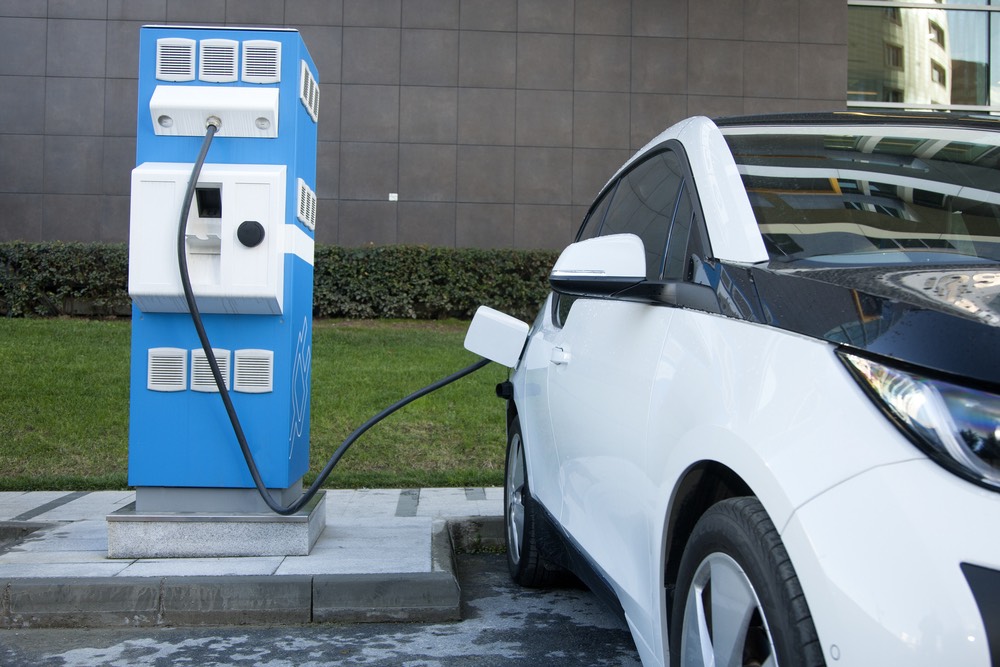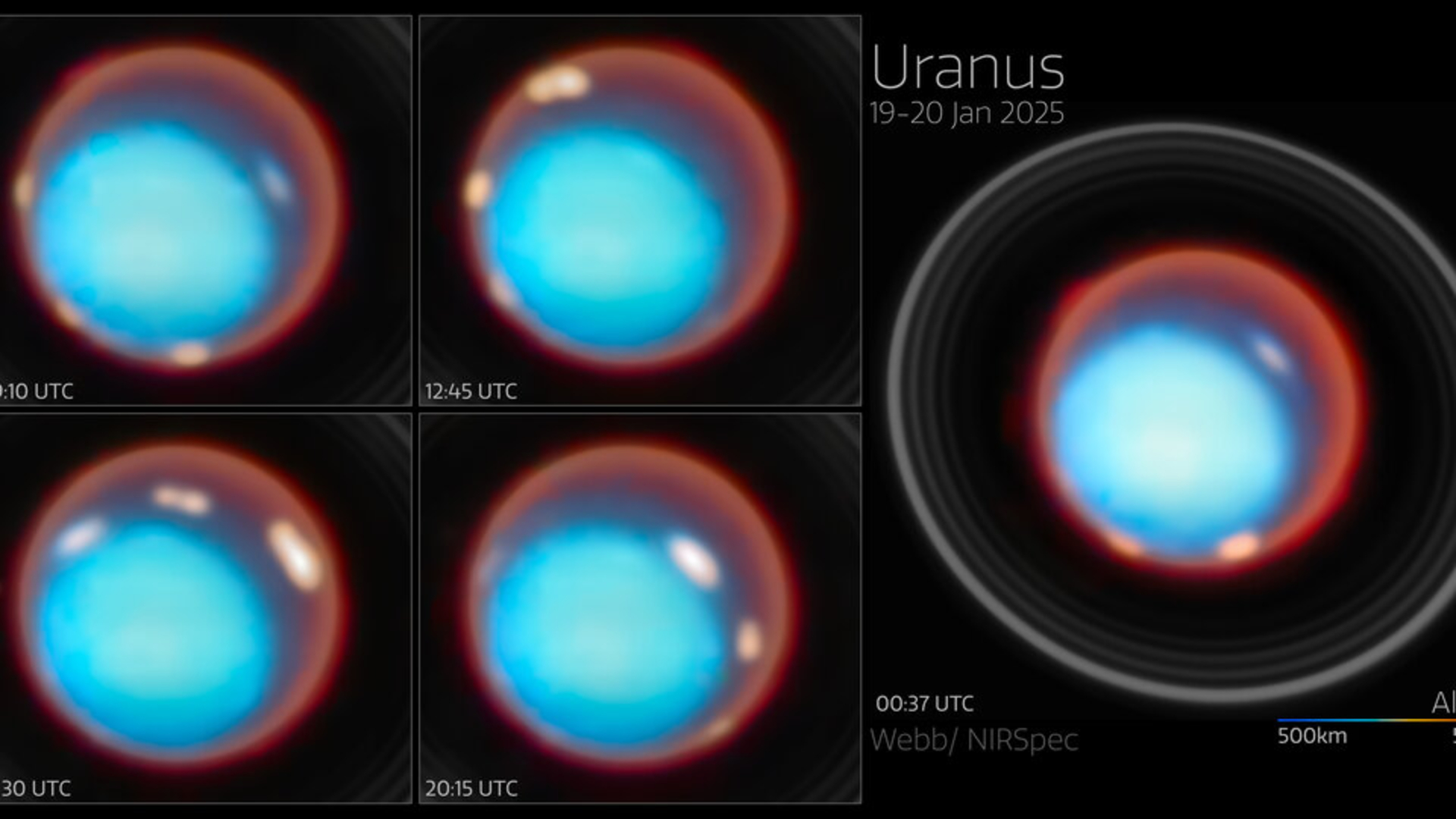US Designates Electric Vehicle Charging Corridors

Get the world’s most fascinating discoveries delivered straight to your inbox.
You are now subscribed
Your newsletter sign-up was successful
Want to add more newsletters?

Delivered Daily
Daily Newsletter
Sign up for the latest discoveries, groundbreaking research and fascinating breakthroughs that impact you and the wider world direct to your inbox.

Once a week
Life's Little Mysteries
Feed your curiosity with an exclusive mystery every week, solved with science and delivered direct to your inbox before it's seen anywhere else.

Once a week
How It Works
Sign up to our free science & technology newsletter for your weekly fix of fascinating articles, quick quizzes, amazing images, and more

Delivered daily
Space.com Newsletter
Breaking space news, the latest updates on rocket launches, skywatching events and more!

Once a month
Watch This Space
Sign up to our monthly entertainment newsletter to keep up with all our coverage of the latest sci-fi and space movies, tv shows, games and books.

Once a week
Night Sky This Week
Discover this week's must-see night sky events, moon phases, and stunning astrophotos. Sign up for our skywatching newsletter and explore the universe with us!
Join the club
Get full access to premium articles, exclusive features and a growing list of member rewards.
The federal government is designating 48 electric vehicle charging corridors along 25,000 miles of major U.S. highways as a way to cut greenhouse gas emissions and make it easier for drivers to switch to electric cars, the White House announced Thursday.
The plan calls for electric vehicle charging stations to be installed at least every 50 miles within the corridors and new government-approved signage to help drivers identify the locations of charging stations along the highway in 35 states.
The Federal Highway Administration said the goal is to accelerate the installation of electric and alternative-fuel vehicle charging infrastructure nationwide as a way to help drive down carbon dioxide emissions from motor vehicles — the nation's second-largest single source of pollution causing climate change behind the electric power sector.
The corridors are part of the Obama administration's plan to cut U.S. greenhouse gas emissions 80 percent by 2050.
The corridor designation follows a White House announcement in July of $4.5 billion in loan guarantees to companies building electric vehicle charging stations nationwide.
Cleaner Power Needed to Make Electric Cars Greener Electric Cars a Mixed Bag For Health, Climate West Coast States Rule Electric Vehicle Adoption in U.S.
"Alternative fuels and electric vehicles will play an integral part in the future of America's transportation system," U.S. Transportation Secretary Anthony Foxx said in a statement. "We have a duty to help drivers identify routes that will help them refuel and recharge those vehicles and designating these corridors on our highways is a first step."
Get the world’s most fascinating discoveries delivered straight to your inbox.
The U.S. Department of Energy is studying how many charging stations need to be installed in the corridors and how to standardize them across the country, the White House said. The federal government is required to re-designate the electric vehicle charging corridors every five years, possibly expanding them.
Some of the major electric vehicle charging corridors include Interstate 5 from San Diego to the Canadian border; Interstates 25 and 70 through Colorado; Interstates 10, 20, 30, 35 and 45 through Texas; Interstate 80 from Nebraska to New York City; Interstate 95 from Washington, D.C., to Portland, Me.; and Interstates 75 and 85 through Georgia.
States without corridors include Arizona, New Mexico, Wyoming, Montana, North and South Dakota, Kentucky, Louisiana, Arkansas, Mississippi, Alabama and most of Florida.
Twenty-eight local governments, companies, utilities and organizations are lined up to work with the federal government to establish the electric vehicle charging stations, including General Electric, General Motors, BMW, Nissan, New York State, Rocky Mountain Power, investor group Vision Ridge Partners and others.
Josh Goldman, a policy analyst for the Union of Concerned Scientists, said the corridors will give electric vehicle owners peace of mind that they'll be able to recharge on a long road trip and signage associated with the program will raise awareness among the general public that infrastructure exists to support electric cars.
"The climate benefit will accrue once we have more electric vehicles on the road," Goldman said. "It'll make it easier to own electric vehicles and increase interest in the electric vehicle market."
Jonathan Levy, policy director for Vision Ridge Partners, said the charging corridors will allow electric cars to be used as the primary vehicle for many Americans as travel ranges increase from less than 50 miles per charge for early electric cars to more than 300 miles for new generations of electric vehicles.
"Charging infrastructure is the critical enabling factor for mass deployment of electric vehicles in the U.S." said Levy, whose company has invested in EVgo, a company developing fast-charging stations for electric vehicles.
Environmental groups hailed the announcement as a boon for both the climate and the economy.
"Coupled with renewable power, electric vehicles offer the promise of 100 percent clean transportation as we move forward," Sierra Club Electric Vehicles Initiative Director Gina Coplon-Newfield said in a statement. "The Obama administration's continued efforts to increase accessibility to electric vehicle charging at our highways, homes and businesses will help speed our transition to a 21st century clean transportation system."
You May Also Like: Sewage Plants Overlooked Source of CO2 Frost-Free Season is Getting Longer Across U.S. Climate Change Increasing Length of Frost-Free Season Sandy's Surge Was Extreme. It Could Become Normal
Originally published on Climate Central.
 Live Science Plus
Live Science Plus











